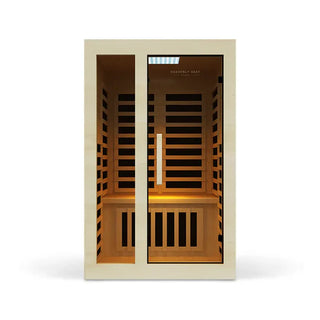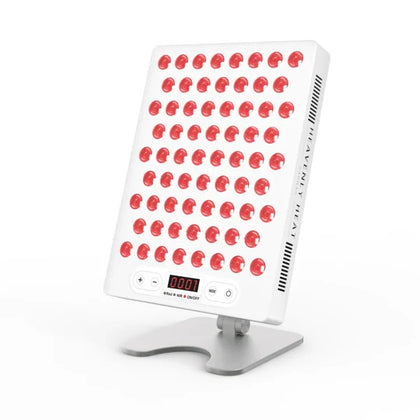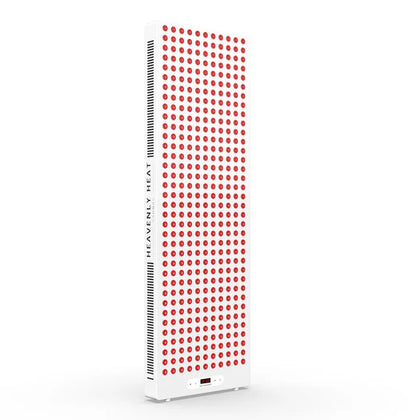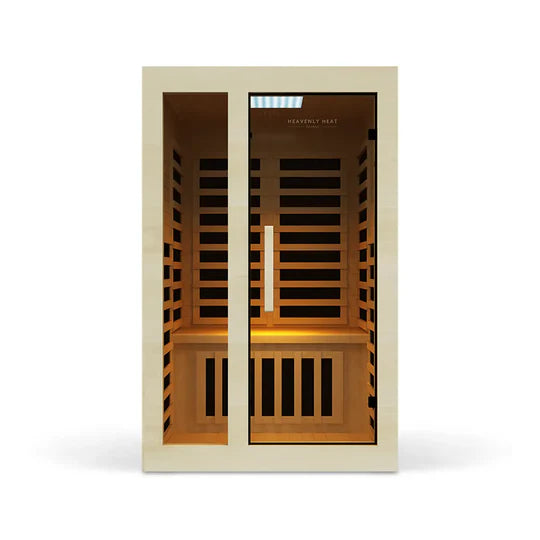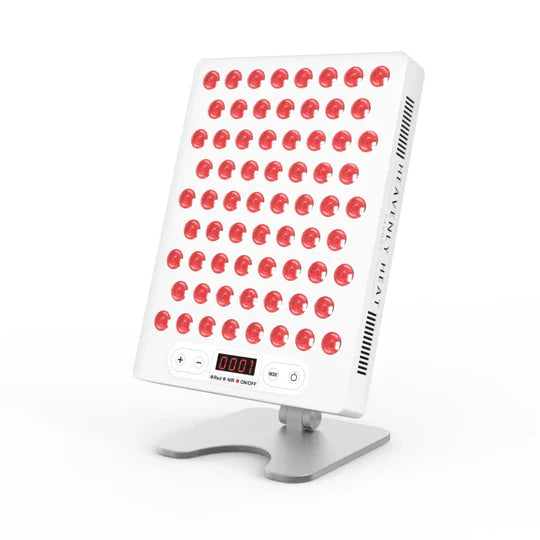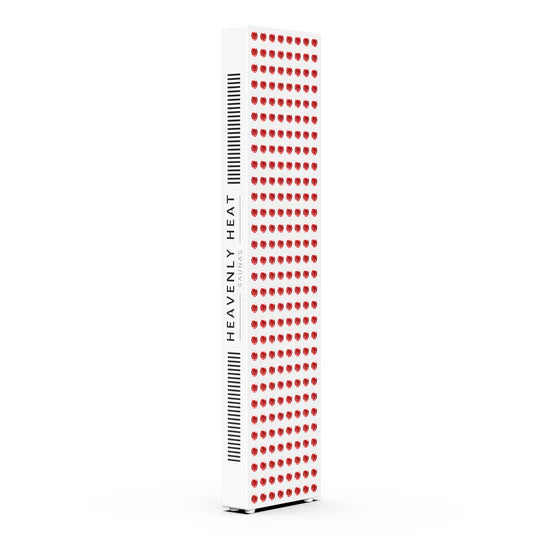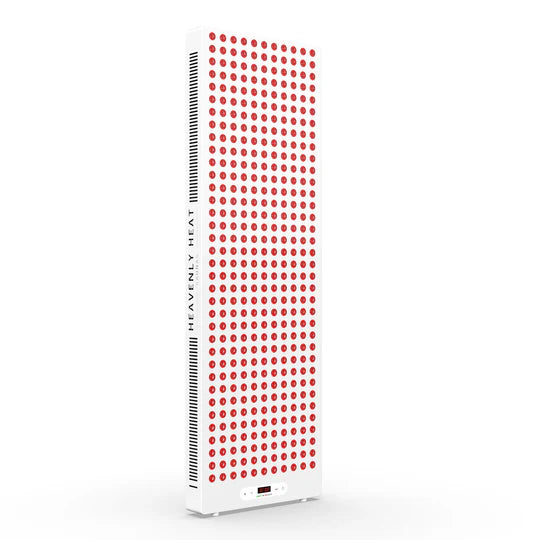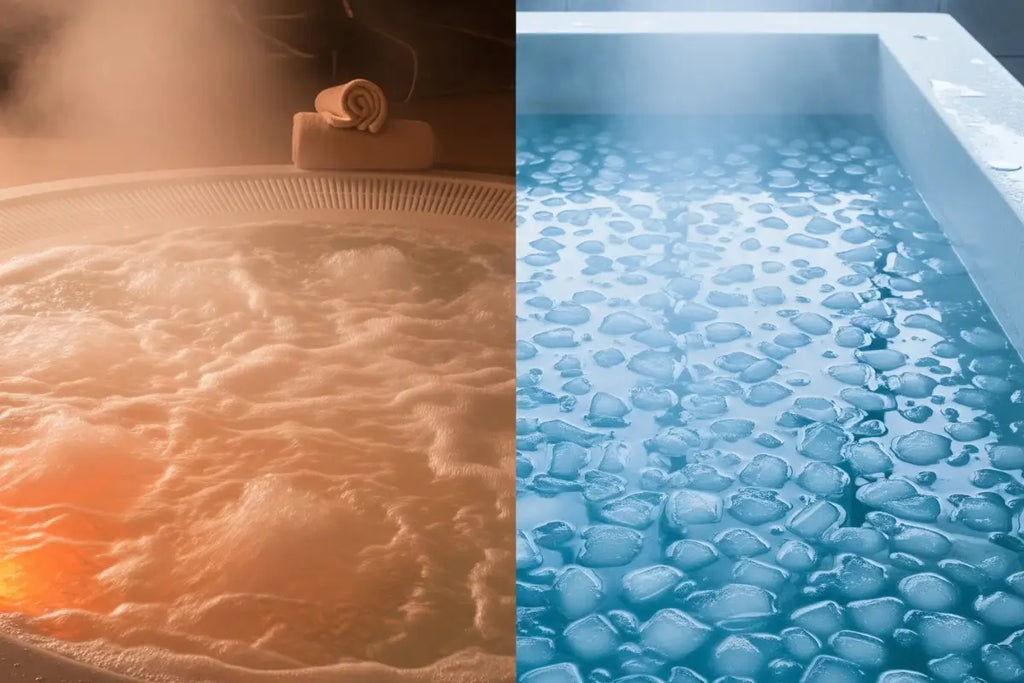4 Health Benefits of a Hot Tub When You Have a Cold

A sore throat, stuffy nose, body aches, and relentless fatigue, having a cold can make even simple tasks feel overwhelming.
Left unchecked, these symptoms drain your energy, disrupt sleep, and linger longer than expected.
But what if relief was closer than you think? Discover how soaking in a hot tub can ease discomfort and support faster recovery.
Key Takeaways
Ease Aches Naturally: Warm water relaxes sore muscles and reduces body tension.
Boost Your Circulation: Hot tub sessions improve blood flow and support recovery.
Relax and Recharge: Soaking lowers stress and helps you feel more rested.
Breathe Easier: Steam opens nasal passages and soothes irritated airways.
Stay Safe: Skip the hot tub if you have a fever and keep sessions short.
What is cold?
The Cleveland Clinic explains that the common cold is a contagious upper respiratory infection that affects the nose, throat, sinuses, and windpipe.
It is caused by viruses rather than bacteria, which is why antibiotics are not effective against it.
More than 200 different viruses can trigger a cold, with rhinoviruses being the most common.
These viruses enter the body through the mouth, nose, or eyes, spreading easily in everyday environments such as homes, classrooms, and workplaces.
Primary causes of the common cold include:
Viral exposure: Rhinoviruses account for up to half of all colds.
Droplet transmission: Inhaling droplets released when someone coughs, sneezes, or talks.
Direct contact: Hand-to-hand interactions with an infected person.
Contaminated objects: Sharing items like dishes, phones, or toys that carry the virus.
Self-inoculation: Touching the face after contact with contaminated surfaces.
Although the common cold is not life-threatening, its symptoms, such as fatigue, cough, congestion, and sore throat, can interfere with work, school, and daily routines.
Most cases resolve within 7–10 days, but rest, hydration, and symptom relief are key to recovery.
Beyond medication, practical strategies like using a humidifier or taking warm showers can ease congestion naturally.
While inconvenient, a cold also serves as a reminder of the body’s resilience, and with self-care, most people return to their routines quickly and without complications.

Is It Safe to Use a Hot Tub When You Have a Cold?
Using a hot tub when you have a cold can provide relief by soothing muscle aches, boosting circulation, promoting relaxation, and opening nasal passages.
However, it’s important to avoid hot tubs if you have a fever, keep sessions short, stay hydrated, and soak alone to prevent spreading germs. Moderate heat and caution ensure benefits without risks.
4 Health Benefits of Using a Hot Tub During a Cold
Soothes Aches and Muscle Tension
Soaking in a hot tub helps your sore muscles feel better by warming them up and increasing blood flow.
The heat relaxes tight muscles and delivers more oxygen and nutrients where your body needs it most.
According to the Journal of Pain Research, people who used hot spring hydrotherapy reported less pain and moved more easily. This shows that hot water can really ease aches and tension when you have a cold.
Boosts Circulation
Sitting in a hot tub can wake up your circulation and help your body feel better when you have a cold.
Warm water around your legs opens up blood vessels and sends more blood flowing to your extremities.
One study showed that low-leg warm-water bathing steadily boosted blood flow by 1.7 times, helping your body stay energized and healthy, according to the Journal of Physical Therapy Science.
Promotes Relaxation and Stress Relief
Soaking in a hot tub helps your body relax and manage stress by increasing blood flow and soothing tense muscles, which can feel especially comforting when you have a cold.
The warm water stimulates circulation, helping your body deliver oxygen and nutrients more efficiently while calming your nervous system.
According to a study in the Journal of Epidemiology, regular hot spa bathing improved mood, reduced fatigue, and lowered depression in participants over a long-term follow-up.

Supports Respiratory Health
When you sit in a hot tub, the warm, humid steam helps open up your nasal passages and loosen mucus, making it easier to breathe when you have a cold.
The heat and moisture soothe irritated airways, giving your lungs a gentle relief. Research on hot tub lung, a condition caused by inhaling hot tub aerosols, shows that breathing in warm, moist air can actually influence how your lungs react to particles in the air and to seasonal changes.
This suggests that steam from a hot tub can support your respiratory health during a cold.
Precautions When Using a Hot Tub with a Cold
Skip the Hot Tub if You Have a Fever: A hot soak can raise your body temperature even more, making you feel worse.
Keep Soaks Short to Avoid Strain: Limit your time to prevent added stress on your body.
Use Moderate Water Temperature Only: Extremely hot water can make symptoms worse and cause dehydration.
Drink Water to Stay Hydrated: Sweating in hot water can dehydrate you quickly, so sip water often.
Exit Immediately if You Feel Dizzy or Weak: Listen to your body and leave the tub at the first sign of discomfort.
Avoid Hot Tubs Around Others to Prevent Germ Spread: Protect friends and family by soaking alone if you’re sick.
Check Your Cold Symptoms Before Entering: If symptoms are severe, it’s safer to rest instead of soaking.
FAQ
Can hot tubs help with fever?
Hot tubs should not be used to treat a fever, as they can cause dangerous hyperthermia, dehydration, and worsen underlying conditions.
While they may mimic a mild fever to boost immunity and relieve cold or flu symptoms, actual fevers require medical advice and professional treatment.
Can hot tubs prevent future colds?
Hot tubs cannot prevent colds but can support immunity by raising body temperature, boosting white blood cell activity, lowering stress hormones, improving circulation, and aiding detoxification.
These benefits enhance resilience but should complement healthy habits like diet, exercise, sleep, and hygiene, not replace medical advice.




